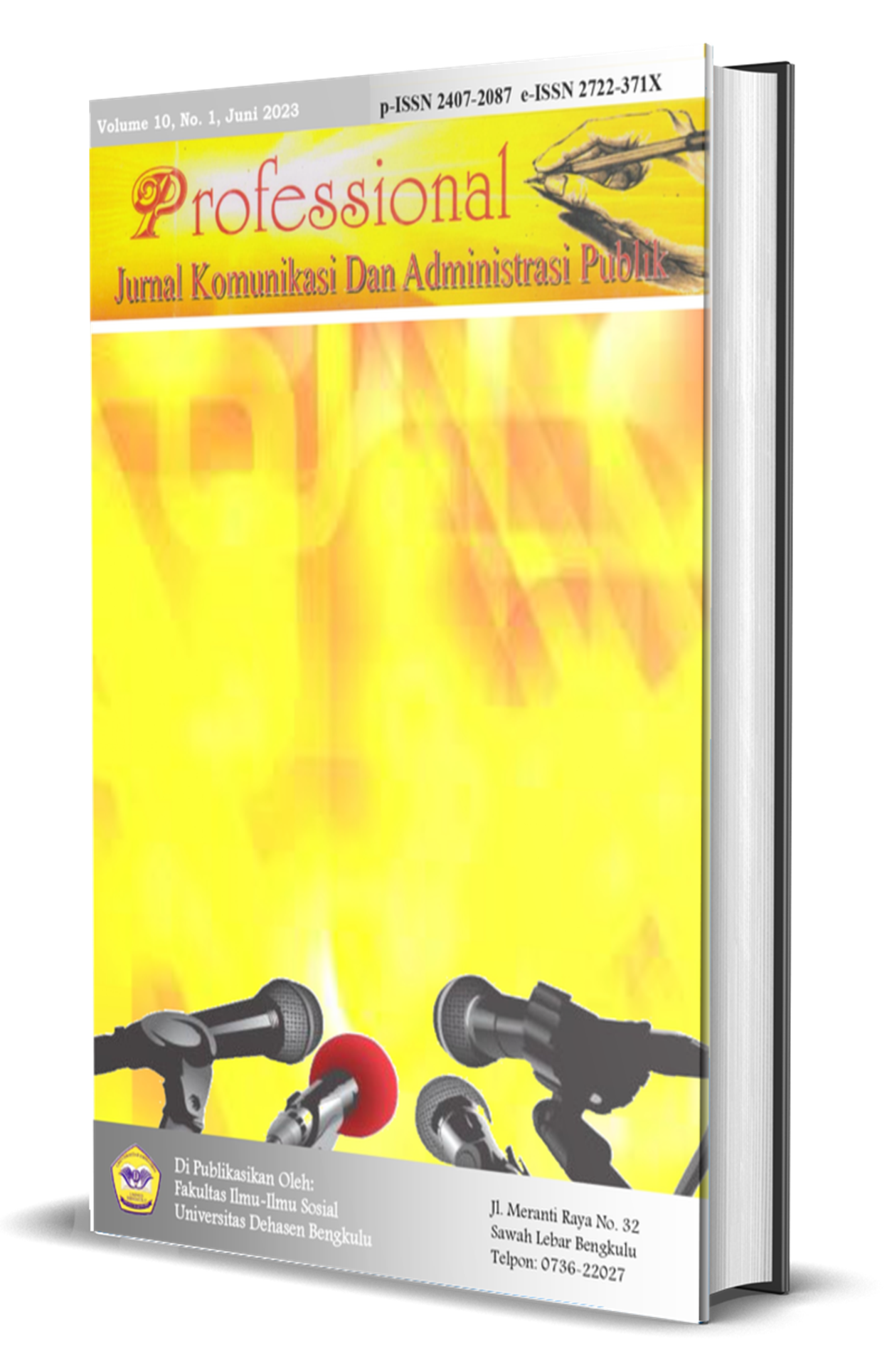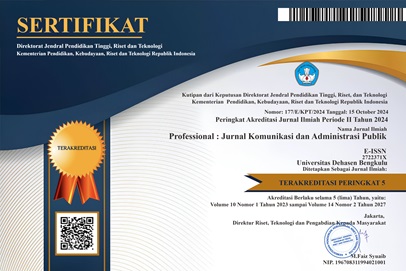Efektivitas Program Kota Tanpa Kumuh Dalam Menangani Kawasan Permukiman Kumuh di Kota Pontianak
Abstract
This study aims to analyze the effectiveness of the Kota Tanpa Kumuh (KOTAKU) Program in addressing slum settlements in Pontianak City. The program is based on Law No. 1 of 2011 on Housing and Settlements and the Pontianak Mayor’s Decree No. 1063/D-PRKP/2020. Using a descriptive qualitative approach, this research examines the program's effectiveness through Richard Matland's policy implementation theory, encompassing the dimensions of the right policy, right implementer, right target, and right environment. The findings indicate that the KOTAKU Program has generally been effective in reducing slum areas through improvements in basic infrastructure and flood control. The right policy dimension reveals that the policies align with local needs, while the right implementer highlights the coordination between DPRKP, Community Self-Reliance Agencies (BKM), and other stakeholders. However, in the right target dimension, there is a disparity in perceptions between the community and program implementers, with communities feeling that the benefits are unevenly distributed. The right environment dimension indicates that the program has considered local conditions, though community participation in maintaining program outcomes remains low. The study recommends improving communication and transparency between program implementers and the community, ensuring a more equitable distribution of benefits, and strengthening community participation to sustain program outcomes. These steps are expected to enhance the program's effectiveness in creating livable, healthy, and sustainable settlements in Pontianak City.
Downloads
Copyright (c) 2025 Sinta Carrisa, Sukamto Sukamto, Iving Arisdiyoto

This work is licensed under a Creative Commons Attribution-ShareAlike 4.0 International License.





